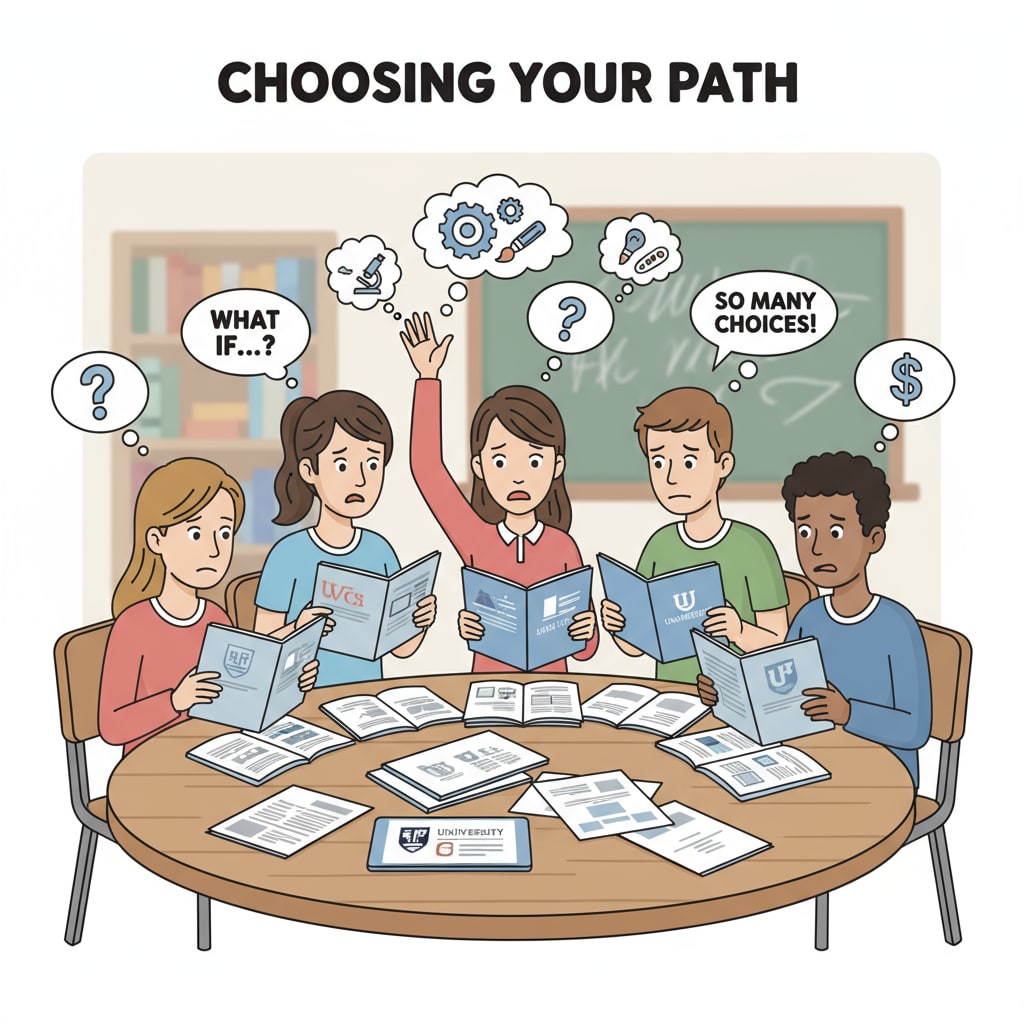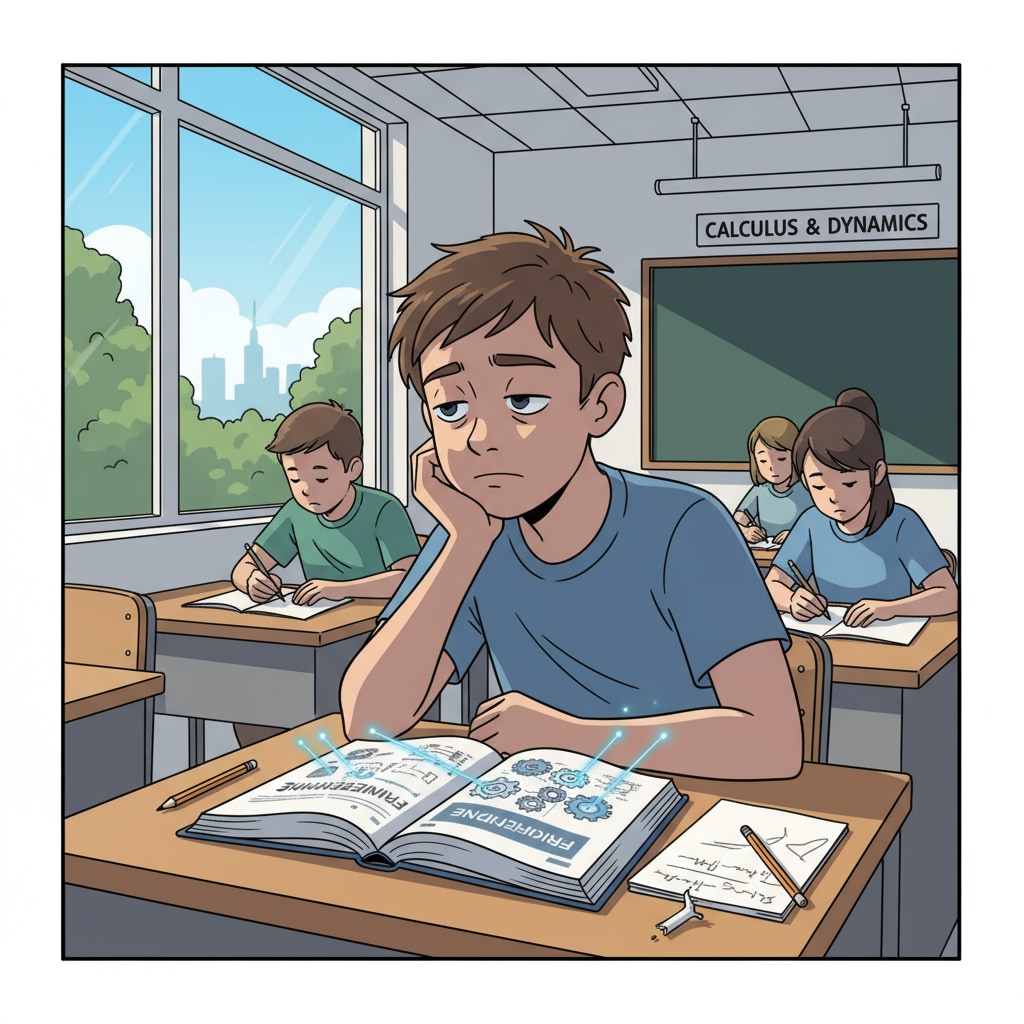When it comes to university major selection, many contemporary K12 students find themselves in a difficult situation, grappling with a lack of enthusiasm and trying to balance it with their social experience. This struggle can lead to significant anxiety and uncertainty about their future academic paths.

As they stand at this crossroads, the decision of which major to pursue can be overwhelming.
The Disconnect Between Academic Choices and Interests
One of the main reasons for this lack of enthusiasm during university major selection is the disconnection between academic choices and students’ true interests. In the K12 education system, students are often pushed towards certain subjects based on academic performance or parental expectations rather than personal passion. For example, a student who enjoys art may be pressured to choose a science major because of high grades in math and science courses. This misalignment can lead to a lack of motivation and engagement in the chosen major. Higher education statistics on EducationData.org

The Impact of Social Experience on Major Selection
Social experience also plays a significant role in university major selection. Peers’ choices and social norms can influence a student’s decision. Some may choose a major simply because their friends are choosing it or because it is considered “prestigious” in their social circle. However, this may not align with their own interests or long-term goals. Additionally, students may be influenced by the job prospects associated with a particular major, without considering whether they will enjoy the coursework. Data on college major choices from the National Center for Education Statistics
To help students find a balance during this educational transition, it is crucial to encourage self-reflection. Students should take the time to explore their interests, passions, and values. This can be done through activities such as internships, volunteer work, or extracurricular activities. By gaining practical experience, they can better understand what they enjoy doing and what they are good at. Additionally, providing career counseling and guidance can help students make more informed decisions about their majors. Counselors can assist in exploring different career paths and the requirements of various majors.
Readability guidance: As we’ve seen, the issue of university major selection, lack of enthusiasm, and social experience is complex. By understanding the reasons behind the disconnection between academic choices and interests and the impact of social experience, we can take steps to help students make more fulfilling decisions. Short paragraphs and clear lists, like those above, help break down the information. Using transition words like “however,” “therefore,” and “in addition” makes the flow more natural. Limiting passive语态 and long sentences ensures better readability.


